Even a year after Sept. 11, Americans still seem unprepared to see their way of life as under assault, according to Yehudit Barsky, director of the American Jewish Committee’s (AJC) Middle East and international terrorism division.
The denials even permeate U.S. intelligence agencies, who have refused to label as terrorism at least three deadly anti-Jewish attacks, Barsky said in a members’ briefing in Irvine.
The most recent example, she said, was the July 4 shooting at the El Al ticket counter at Los Angeles International Airport. Law enforcers disagreed with Israeli officials over whether the attacker was a terrorist. Two months later, the Federal Bureau of Investigations conceded the incident was being investigated as terrorism.
Lack of understanding about radical Islamic ideology led New York investigators to label one attack “road rage,” Barsky told the group. It took the FBI seven years to reclassify as terrorism the 1994 Brooklyn Bridge murder of a 16-year-old Orthodox Jewish student by an Arab gunman. The Department of Justice reopened its investigation after receiving an AJC report prepared by Barsky, a fluent Arabic and Hebrew speaker, who briefs media, law enforcement agencies and Jewish communities on the implications of terrorist groups on U.S. policy. “The investigator said they wouldn’t have put the pieces together,” she said.
Also being reconsidered is Osama bin Laden’s first U.S. target, she said. “The first attack was not the World Trade Center in 1993, but the assassination of Meir Kahane,” Barsky said. In the wake of the ’93 attack, translations were made of Arabic documents seized from the home of Kahane’s accused assassin. Investigators found bomb blueprints, World Trade Center photos and connections to Al Qaeda.
Kahane, founder of the radical Jewish Defense League, and later a deposed member of Israel’s cabinet due to his extremist views, was killed in 1990; he vocally criticized major U.S. Jewish organizations for failing to protect America’s Jews from anti-Semitism, which he saw as “exploding” all over the country.
“It’s our obligation to say something. It’s going to be bigger later on,” she warned.
Asked about local threats, Barsky cautioned AJC members from forming Arab-Jewish alliances that give legitimacy to groups that are questionable.
She mentioned Muzammil Saddique, imam of the Islamic Society of Orange County, who as president of a national Islamic group, who stood beside President Bush while he delivered an interfaith message in September 2001.
In July, Saddique’s mosque welcomed a two-man delegation from the Muslim World League, an Islamic charity based in Mecca. Wealthy Saudis and the government of Saudi Arabia finance its budget. The duo also spoke at a New York church, with congressmen and the FBI. “This was a goodwill mission,” said Ahmed El Hattab, assistant secretary of the Islamic Society of North America, based in Plainfield, Ind. In April, the visiting scholars had sought and later received entry permission by the U.S. embassy in Riyadh, he said.
A month earlier, Treasury officials searched the Falls Church, Va., office of the Muslim World League along with 15 other locations, scrutinizing business deals under suspicion for supporting terrorists. The group has not been added to the list of individuals and organizations whose assets were ordered frozen by the president.
“It’s cognitive dissonance,” concedes Barsky of the differing actions by different U.S. agencies. She described the Muslim World League as an arm of the Saudi government that promotes an extremist clergy, who advocate an anti-American, anti-Christian ideology.
“I look at this as part of our policy of bending over backwards to change the image of Saudi Arabia,” she said.
Attending the Muslim World League talk was Benjamin Hubbard, chair of the comparative religion department at California State University, Fullerton. There, Saddique, who is sympathetic to the Palestinian cause, disavowed suicide bombings as he previously did last spring at a campus rally, said Hubbard, who for 20 years has hired Saddique to teach one course a semester at Fullerton.
“Saddique represents conservative Islam, is extremely scholarly and quite courageous,” said Hubbard, who co-authored with Saddique “Abraham Connection: A Jew, Christian and Muslim in Dialog,” published in 1994.
Hubbard dismisses Barsky’s alarm over Saddique as “a little McCarthyesque.” “He’s in a tricky position. He’s trying to stay in the middle,” said Hubbard.










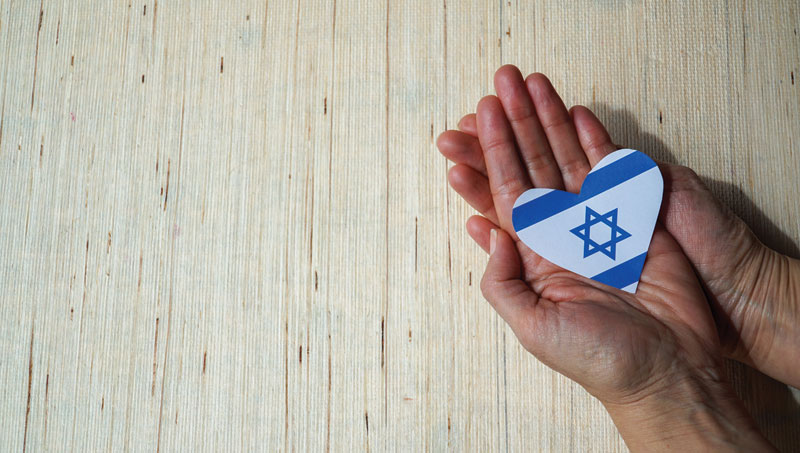


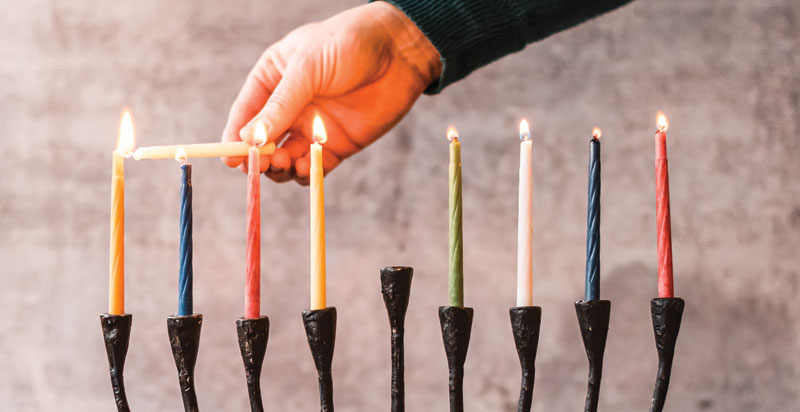
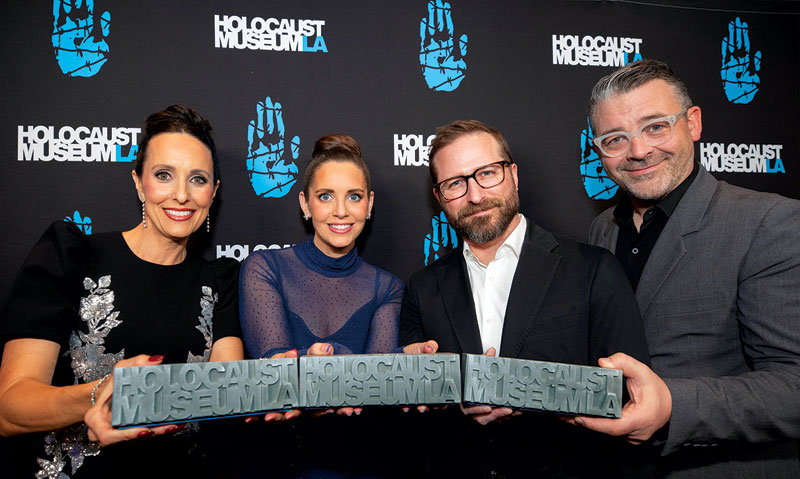
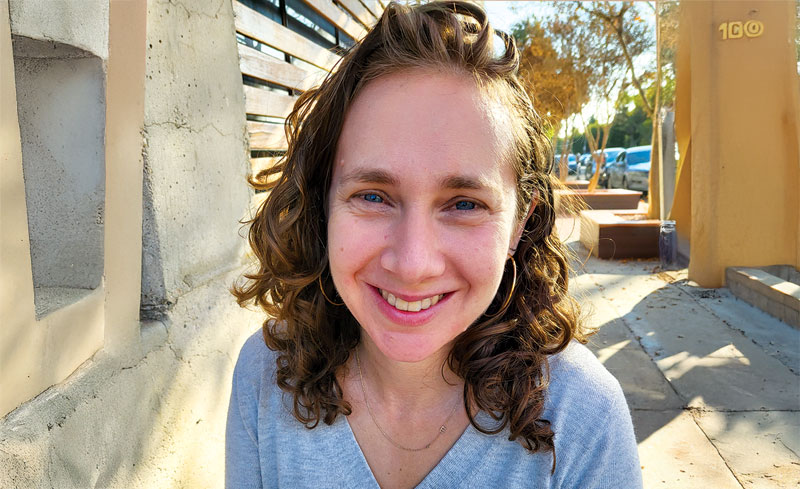
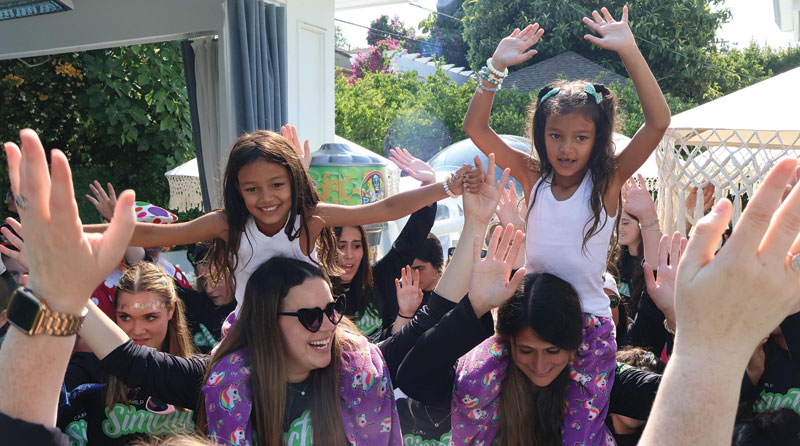





 More news and opinions than at a Shabbat dinner, right in your inbox.
More news and opinions than at a Shabbat dinner, right in your inbox.